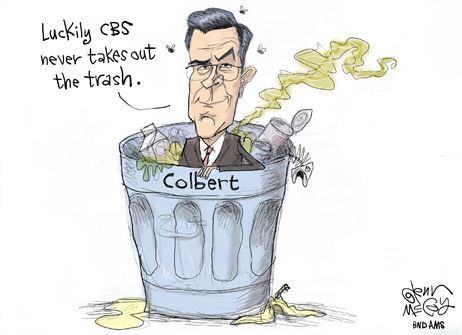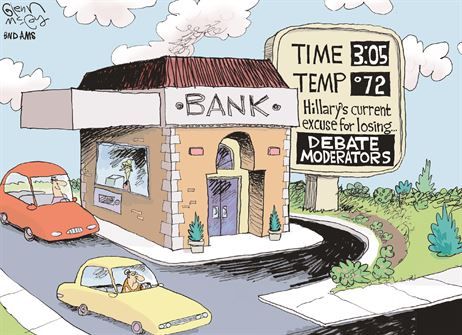The Venezuelan Crisis is Due to Economic Ignorance . . . "As awful as the Venezuelan crisis is, it is not surprising. Indeed, the pattern we see there is a predictable outcome of “populist” policies that ignore the basic laws of economics. The distinguished Austrian school economist Ludwig von Mises (1881-1973) explained decades ago that government intervention into the economy only causes problems, inviting further rounds of destructive intervention. Ultimately, Mises argued, the people must decide if they want to live under the institutions of a market economy or of outright socialism. There is no stable “third way” between capitalism and socialism because interventionism creates unintended consequences that no one likes.
"Former Venezuelan President Hugo Chavez described himself as a Trotskyist, and while in power he nationalized major companies in key industries and engaged in large-scale wealth redistribution. To “protect” the people from the greed of the capitalists, Chavez’s government imposed price controls on private merchants.
"For a while these policies seemed to work, and Chavez was a hero to many on the left. For example, after his death in early 2013, Salon.com ran an article by David Sirota entitled “Hugo Chavez’s Economic Miracle.” Sirota claimed that “Chavez became the bugaboo of American politics because his full-throated advocacy of socialism and redistributionism… represented a fundamental critique of neoliberal economics.” Sirota also wrote that “Chavez racked up an economic record that a legacy-obsessed American president could only dream of achieving.' ” . . .
Robert P. Murphy is a research fellow with Independent Institute and research assistant professor with the Free Market Institute at Texas Tech University. He is the author of Choice: Cooperation, Enterprise, and Human Action. He will be speaking at SMU in Dallas on May 9 for “Advancing Liberty & Prosperity in a Divided America.”









